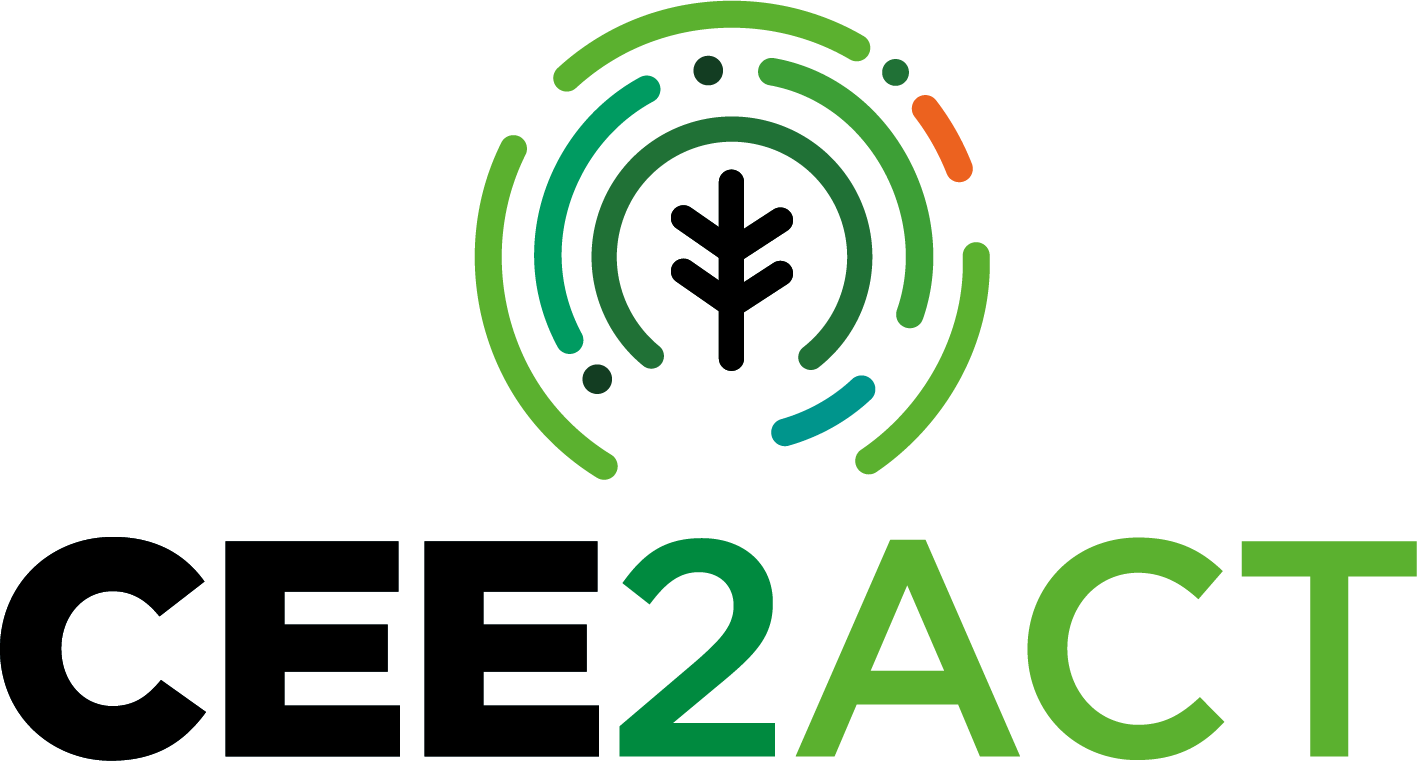Title of the project: Green Transition in Central Europe
Acronym: GREET CE
Funding source: Interregional Innovation Investment Instrument (I3)
Implementation period: 11/2023 - 11/2025
Description:
The GREET CE project aims to boost the innovation ecosystem’s capacity within Central Europe’s less developed regions, focusing on the Green Transition. Targeting SMEs in Croatia, Hungary, Poland, Romania, Slovakia, Slovenia, and Portugal’s outermost regions, the project emphasizes bioeconomy, energy, and niche pilots like Eco-construction, Digital (sustainable) energy, Regenerative Farming, and Renewable gases. With a consortium of experts across various domains, the project fosters EU value chain integration, interregional partnerships, and crowdfunding opportunities, leveraging ERDF Interreg and other EU funding mechanisms. Through collaborative efforts, GREET CE sets out to create sustainable development pathways, enhancing regional innovation capabilities and contributing to the EU’s environmental and economic objectives.
By integrating these regions into EU outlined value chains, the project not only addresses the specific needs of these regions but also contributes to the broader European goal of transitioning to a circular economy. This transition is vital in 2024, as Europe continues to navigate the challenges of climate change, resource scarcity, and the need for sustainable growth, positioning the GREET CE project as a key player in fostering innovation, sustainability, and interregional cooperation within the EU.
The mission of the project is to drive the Green Transition forward, focusing on the pivotal areas of bioeconomy, energy, and eco-construction. By fostering a collaborative ecosystem, the aim is to achieve the following goals:
- Strengthen Regional Innovation Networks: Facilitate the integration of Central European regions into European Union value chains, encouraging interregional partnerships and leveraging opportunities such as crowdfunding and ERDF Interreg.
- Pilot Innovative Solutions: Implement four niche pilot activities in Eco-construction, Digital (sustainable) energy, Regenerative Farming, and Renewable gases. These pilots are crafted to address specific regional needs and contribute to the development of sustainable solutions.
- Promote Bioeconomy Advancement: Aligning with the EU’s ambitions for a thriving bioeconomy, GREET CE targets the enhancement of bioeconomic practices within the participating regions. This initiative supports the EU’s strategy to reduce reliance on non-renewable resources, foster food security, and promote environmental sustainability.
- Foster SME Participation: Unlock the innovation potential among SMEs by facilitating their active participation in EU calls for proposals, including I3 Strand 1 and Strand 2a, and assisting in the creation of ERDF Interreg & crowdfunding opportunities.
- Develop Sustainable Value Chains: Through the project’s activities, the aim is to establish new or modified value chains within the eco-construction sector, thereby supporting the EU’s transition towards a more sustainable and circular economy.
- Enhance Knowledge Transfer and Capacity Building: Provide targeted regions with access to cutting-edge knowledge, innovative practices, and financial opportunities. This will be achieved through expert-led workshops, training sessions, and networking events designed to build a robust innovation ecosystem.
- Contribute to European Green Goals: By advancing the objectives of the Green Transition, GREET CE directly contributes to the European Union’s goals for environmental sustainability, economic resilience, and social well-being.
Pilots of the project include:
- Eco-construction: focused on integrating sustainable building materials and techniques into the construction industry. This initiative directly supports the European Green Deal’s ambitions for a climate-neutral Europe by 2050, emphasizing the reduction of the construction sector’s carbon footprint and the promotion of bio-based materials, thus contributing significantly to the bioeconomy sector’s growth.
- Digital (sustainable) energy: This pilot leverages digital technologies to enhance energy efficiency and incorporate renewable energy sources in regional energy systems. It aligns with the European Green Deal’s objective of decarbonizing the energy sector, promoting smart energy systems and fostering the integration of digital solutions in energy management, reflecting the bioeconomy’s principles of sustainability and innovation.
- Regenerative farming: Focusing on sustainable agricultural practices, this pilot aims to improve soil health, biodiversity, and ecosystem services. It supports the bioeconomy by promoting the use of bio-based fertilizers and sustainable farming techniques. The pilot contributes to the Green Deal’s “Farm to Fork” strategy, aiming to make food systems fair, healthy, and environmentally friendly.
- Renewable gases: This pilot explores the production and utilization of renewable gases, such as biogas and hydrogen, as clean energy sources. It supports the transition to a circular economy by valorizing organic waste and residues, in line with the bioeconomy’s goal to create value from renewable biological resources. The pilot aligns with the European Green Deal’s objective to reduce greenhouse gas emissions and increase the use of renewable energy sources.
Link to the website: https://greetce.eu/
« Back
